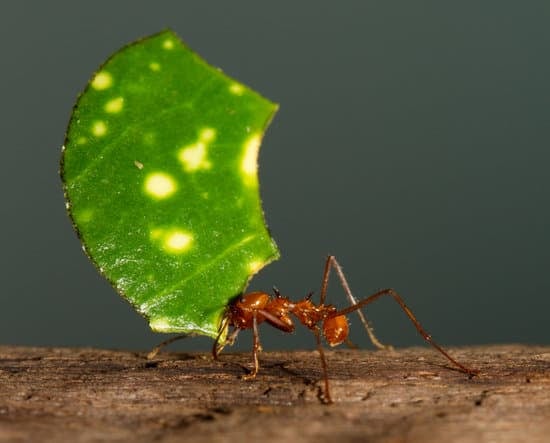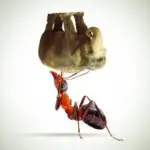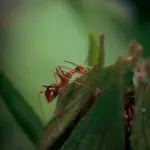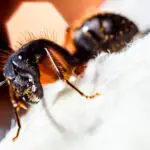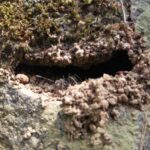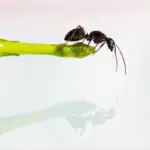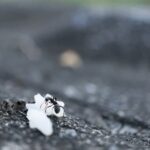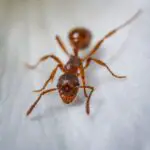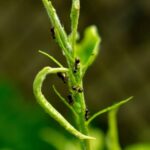Can Ants Get Fat?
Despite the fact that ants are small creatures, they are capable of lifting objects several times their body weight. And they are able to store food in their abdomens for later use.
As part of their duties as foragers, ants will eat dead bugs, insects, and even dead animals. They will also eat leaves, fruit, and seeds. These foods are often high in fat. This fat helps to protect the ant from the cold. The fat also helps the ant to store energy, which is useful in times of a shortage of food.
Being overweight may have advantages for certain animals, but it could also put a strain on the internal organs of the bug. The extra weight could reduce the ant’s ability to adapt to changes in the environment, and could even lead to health problems.
However, research indicates that some insects may have the ability to overeat. In particular, fat ants have been known to perform better in their job roles than thinner ants. And they can also mate for longer periods of time if they are obese.
A recent study examined the proportion of fat in ants. Researchers fed eight mother colonies ad libitum for 30 days. Then, they separated two ants – an F1 forager and an I1 inner-nest worker – from the colony and fed them for another month.
When they ate the food that was stored in their abdomens, the ants were able to burn the fat quickly. They were also able to release lipid rich secretions through regurgitation.
